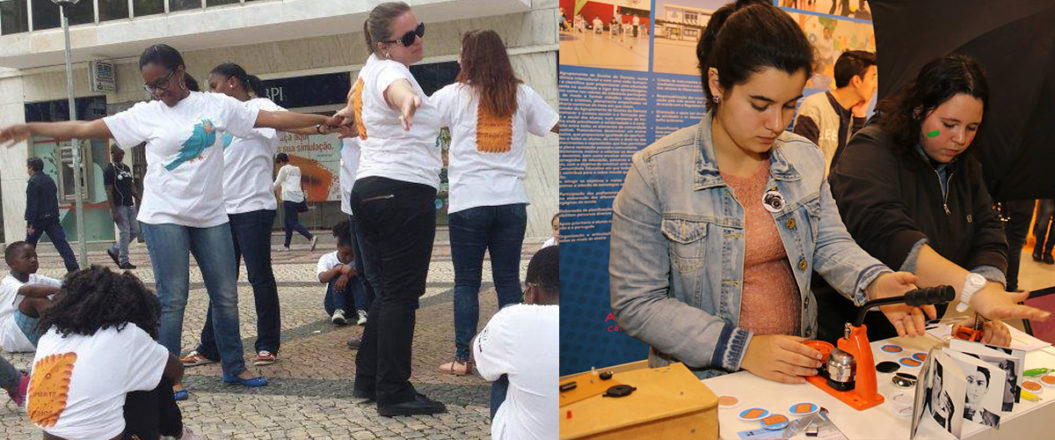
The Youth of Amadora take charge of changing the narrative on stereotypes and prejudices in a cultural diverse world
Amadora is one of the most diverse municipalities in the Greater Lisbon Area and, like any such urban area, faces many challenges. One of these challenges is discrimination and negative stereotyping, reinforced by traditional and social media, which often increase segregation and deepen divides.
The youth of the Municipality of Amadora considered reflecting on cultural diversity, identity, stereotypes, and prejudices as a motto to build their own narratives, communicate life experiences, and the changes needed, looking to the future.
This initiative is illustrated with eight videos, which correspond to the different narratives of the young people, and reflects the exercise of active and participatory citizenship.
The key to overcome this issue has been to develop a citywide approach combining political leadership with grassroots action and campaigns by dispelling misinformation and rumours and deconstructing stereotypes. However, the approach should be about much more than a simple information campaign to counter incorrect and prejudicial information. Thus, the importance of developing new responses to the concept of “a city without rumours”, developing inclusive city narratives to present a positive sense of belonging, including identity, shared and alternative histories, values, city branding, changing external perceptions.
It is very important to highlight the engagement of local institutions that interact with youth, namely Boba Studio E8G, Percursos Acompanhados E8G, Projeto A Rodar (Programa Escolhas) and the Vocational School Gustave Eiffel (multimedia course) for this initiative. Young people also play a key role in this matter by joining and organising online meetings and using digital tools, art, and other forms of expression to enrich the content they share. They also cooperate in the mappings of the rumours they intend to confront and demystify.
Amadora worked with a local film and media company and through creative activities, young people explored problems linked to rumours, prejudices, values, relationships, attitudes, and discovered creative, imaginative responses to these themes. The initiative was not limited to the constitution of one group but of different groups, with different motivations, learning focus and commitments. It was structured in three different phases:
In a first phase, different dynamics of hetero-knowledge, problem solving and strategies were implemented, as well as the identification of relationships and attitudes of leadership/cooperation, competition/attention/concentration, and resilience.
In a second phase, participants took the time to reflect deeper on the issue, and after it, integrating new elements for more positive interactions and empowerment in the initial strategy.
In a third phase, victimisation discourses of identity were “replaced” by socially cohesive skills underpinned by an understanding of diversity. At this last stage, a “rumour mapping” tool was introduced, with two main reflections:
Rumours and biases -Mapping
- What rumours are associated to your project?
- Which biases/discrimination can these rumours express or reproduce?
Truth or ideal to convey (message/creative voice of my project)
- What truth or ideal do you want to convey?
Overall, eight city narratives were created. The young people involved were able to find resources and acquire capacities to restore “alternative stories” to the rumours and prejudices making them protagonists of their causes.